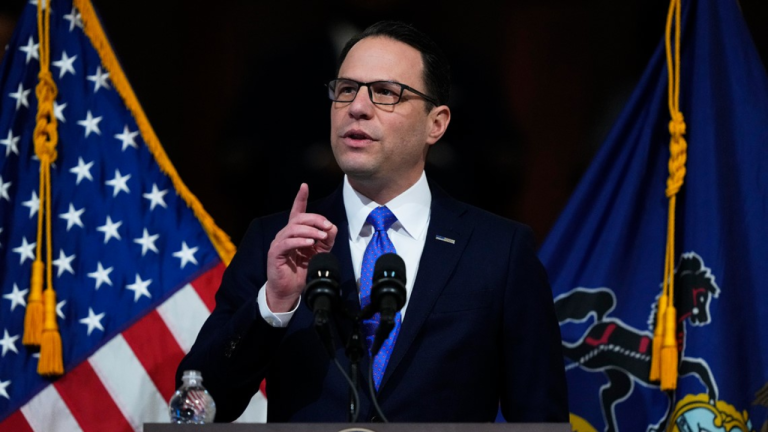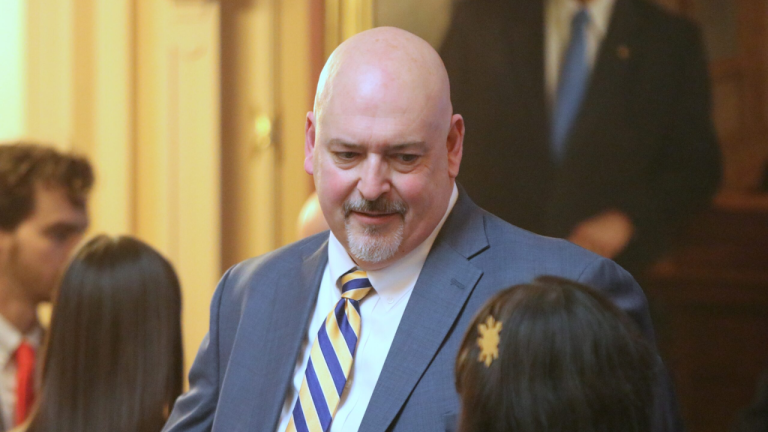In a groundbreaking move to address childhood poverty and the racial wealth gap, California has launched a ‘Baby Bonds’ program.
This initiative aims to provide financial assets to children from low-income families, particularly those who have lost a parent to COVID-19 or are in the foster care system.
Understanding ‘Baby Bonds’
‘Baby Bonds’ are government-funded trust accounts established for children born into low-income households.
The concept is designed to ensure that upon reaching adulthood, these individuals have the financial resources to pursue higher education, purchase a home, start a business, or invest in other wealth-building activities.
By providing this financial foundation, the program seeks to break the cycle of intergenerational poverty and reduce economic disparities among marginalized communities.
California’s Commitment
In July 2022, California became the first state to commit $100 million to establish trust funds for children who have lost a parent or caregiver to COVID-19 and those in the state’s foster care system.
While specific allocation details are pending, initial proposals suggest that younger children could receive $4,000, and older children $8,000.
These funds would be placed in interest-bearing accounts, accessible when the beneficiaries reach adulthood.
Addressing the Racial Wealth Gap
Historically, wealth-building opportunities have been disproportionately inaccessible to Black, Brown, Indigenous, and other communities of color.
Nationally, white families possess, on average, seven times the wealth of Black families—a disparity unchanged since the Civil Rights era.
In California, the wealth gap is even more pronounced. For instance, in Los Angeles, Black and Mexican households hold only 1% of the wealth of white households.
The ‘Baby Bonds’ initiative aims to address these systemic inequities by providing financial assets to those most affected.
Legislative Support and Future Goals
The ‘Baby Bonds’ program has garnered significant support from state lawmakers and advocacy groups. Organizations like End Child Poverty California (ECPCA) have been instrumental in promoting the initiative.
ECPCA’s CEO, Shimica Gaskins, emphasized the importance of such programs in providing financial security to vulnerable youth, stating that ‘Baby Bonds’ offer a pathway toward ensuring low-income children in California have the opportunity to realize their dreams.
While the current program focuses on children orphaned by COVID-19 and those in foster care, advocates hope this is just the beginning.
The ultimate goal is to expand the program to include all children born into low-income families in California, ensuring a more equitable distribution of wealth and opportunities across the state.
National Momentum
California’s initiative is part of a broader national movement toward implementing ‘Baby Bonds.’
In 2021, the Washington D.C. City Council passed a program providing low-income children with an initial $500 deposit, plus an additional $1,000 annually, contingent on their parents’ income levels.
Similarly, Connecticut approved a statewide ‘Baby Bonds’ program, though it awaits funding. These programs reflect a growing recognition of the need for innovative solutions to address wealth disparities and support economic mobility for future generations.
Implementation and Challenges
As ‘Baby Bonds’ programs are relatively new, there is limited research on their long-term impacts. California’s HOPE Program presents a unique opportunity to evaluate the effectiveness of such interventions at a significant scale.
Researchers and policymakers will closely monitor the program’s outcomes to inform future efforts and potential expansions.
One of the challenges in implementing ‘Baby Bonds’ is ensuring that beneficiaries can seamlessly access their funds upon reaching adulthood.
Lawmakers must establish clear guidelines and support systems to facilitate this transition, ensuring that the funds serve their intended purpose of fostering economic independence and opportunity.
Read More:
- Los Angeles District Attorney Opposes New Trial for Menendez Brothers!
- Santa Barbara International Film Festival Concludes, ‘Out of Plain Sight’ Wins Audience Choice Award!
Broader Efforts to Combat Poverty
The ‘Baby Bonds’ initiative complements other efforts by California to combat poverty and support low-income families.
For instance, Governor Gavin Newsom’s 2025 budget proposal includes an initiative to provide a three-month supply of free diapers to families with newborns, regardless of income.
This program aims to alleviate the financial burden on new parents and improve maternal and infant health outcomes.
Additionally, programs like the Family First Economic Support Pilot (FFESP) provide guaranteed monthly payments to low-income households, further demonstrating California’s commitment to addressing economic disparities and supporting vulnerable populations.
Conclusion
California’s ‘Baby Bonds’ initiative represents a significant step toward addressing childhood poverty and the systemic racial wealth gap.
By investing in the future of its most vulnerable children, the state aims to provide them with the financial tools necessary to build prosperous and independent lives.
As the program unfolds, it will serve as a critical case study for other states considering similar measures to promote economic equity and social justice.
Disclaimer- Our team has thoroughly fact-checked this article to ensure its accuracy and maintain its credibility. We are committed to providing honest and reliable content for our readers.




















+ There are no comments
Add yours